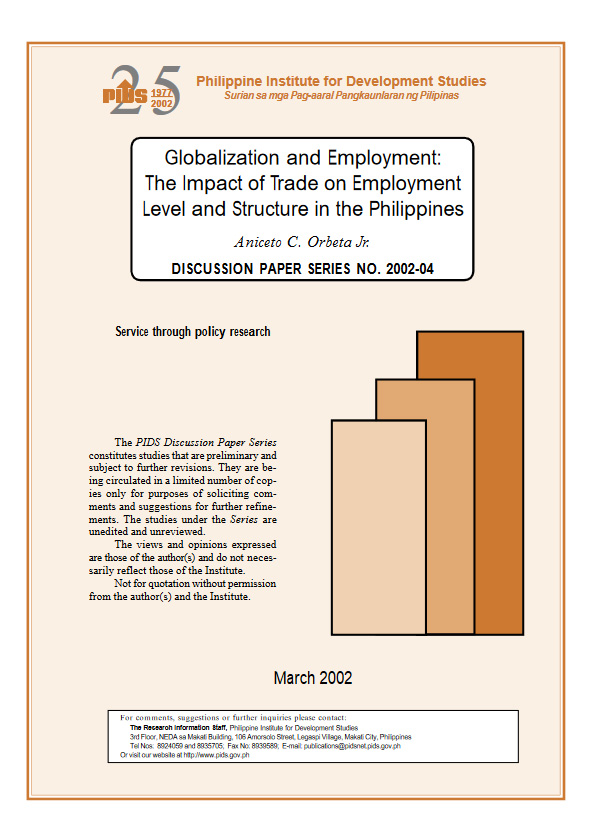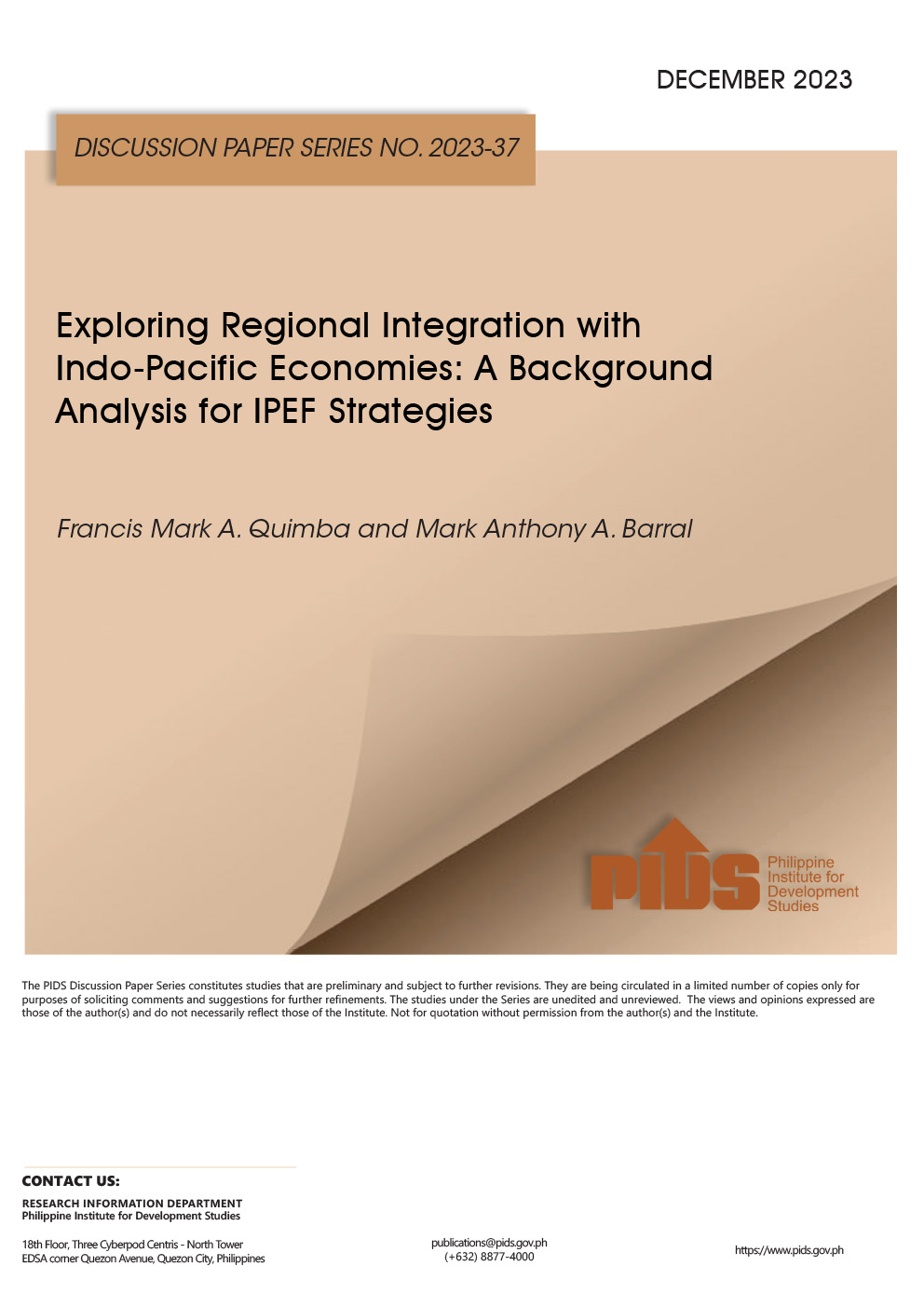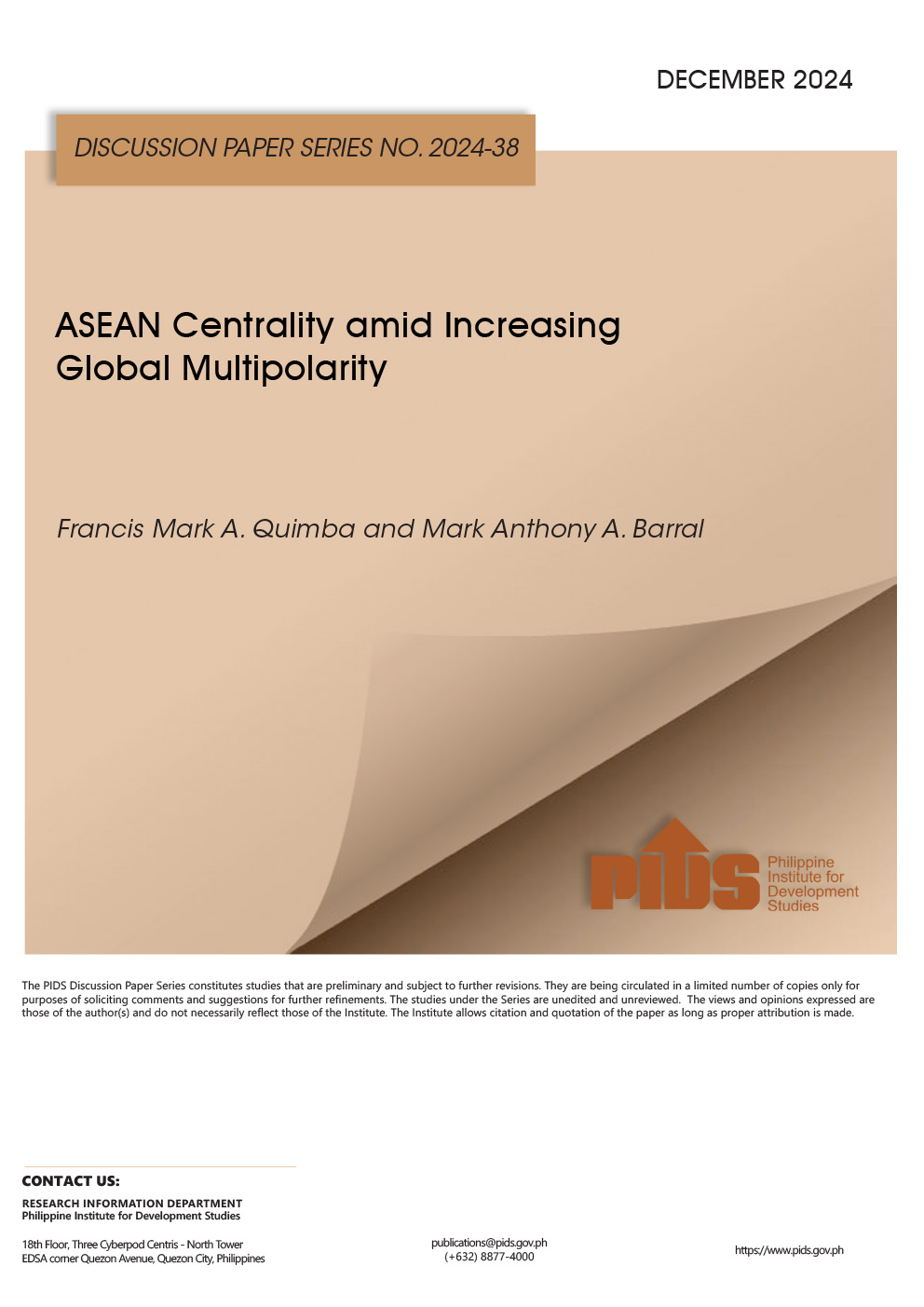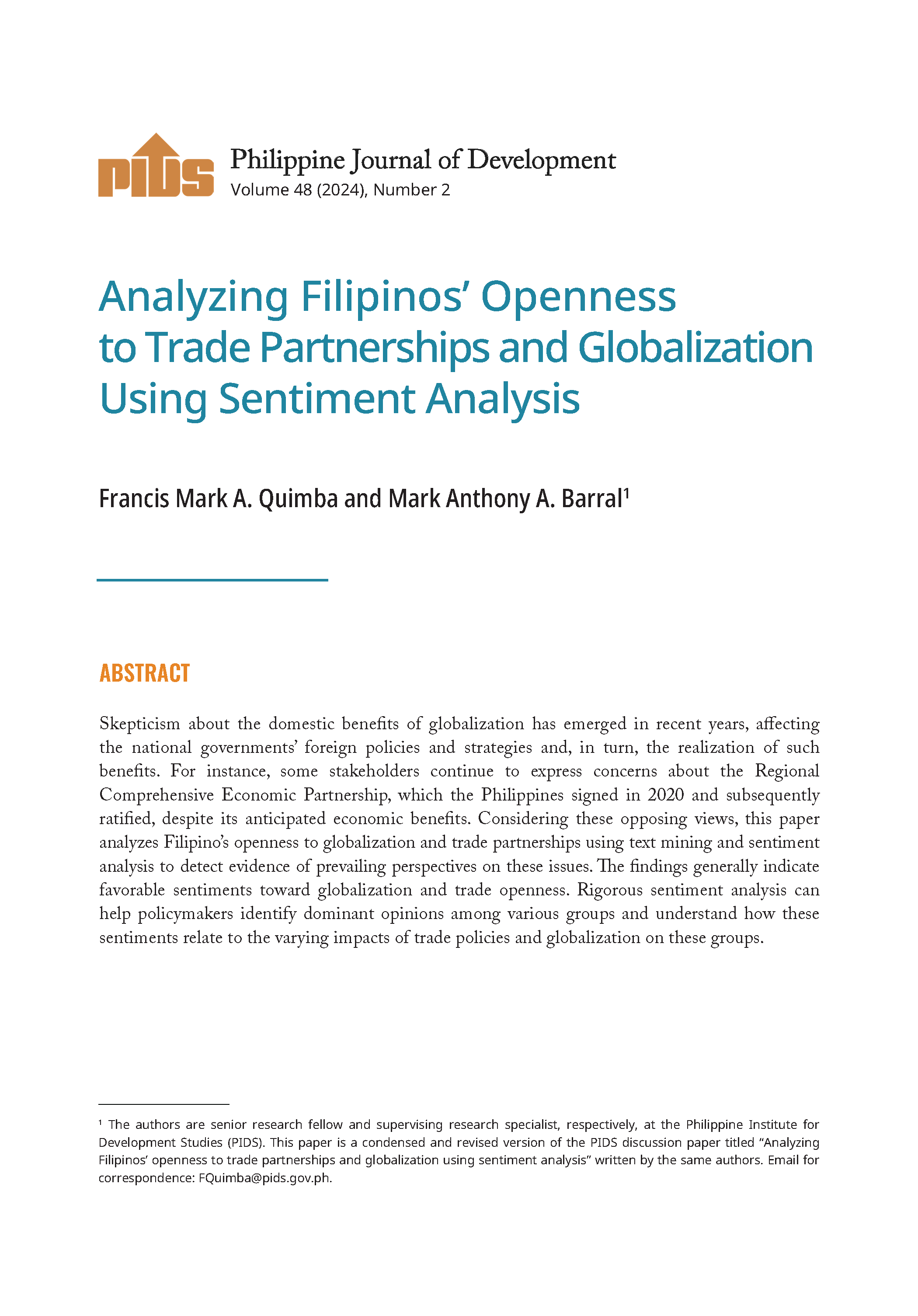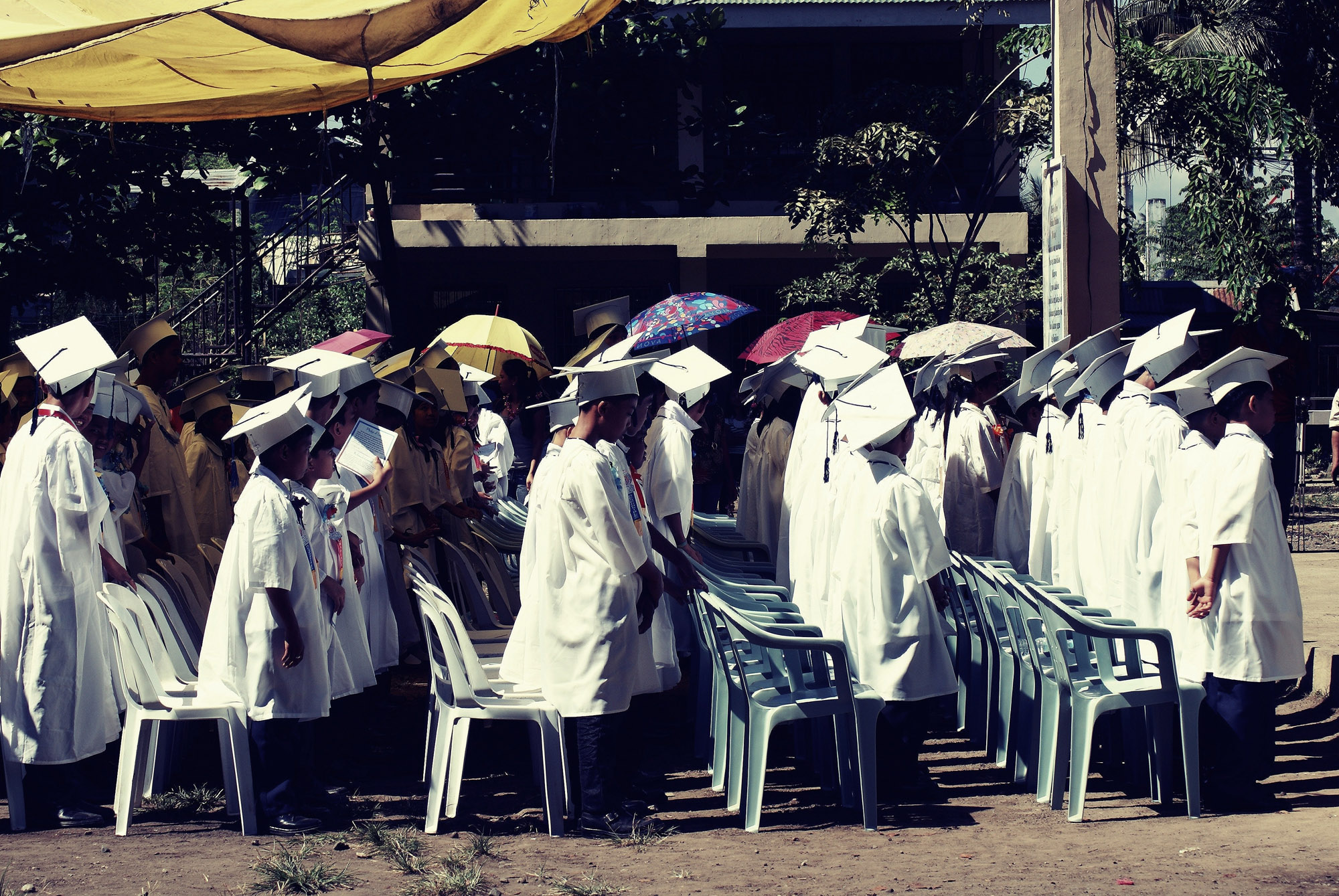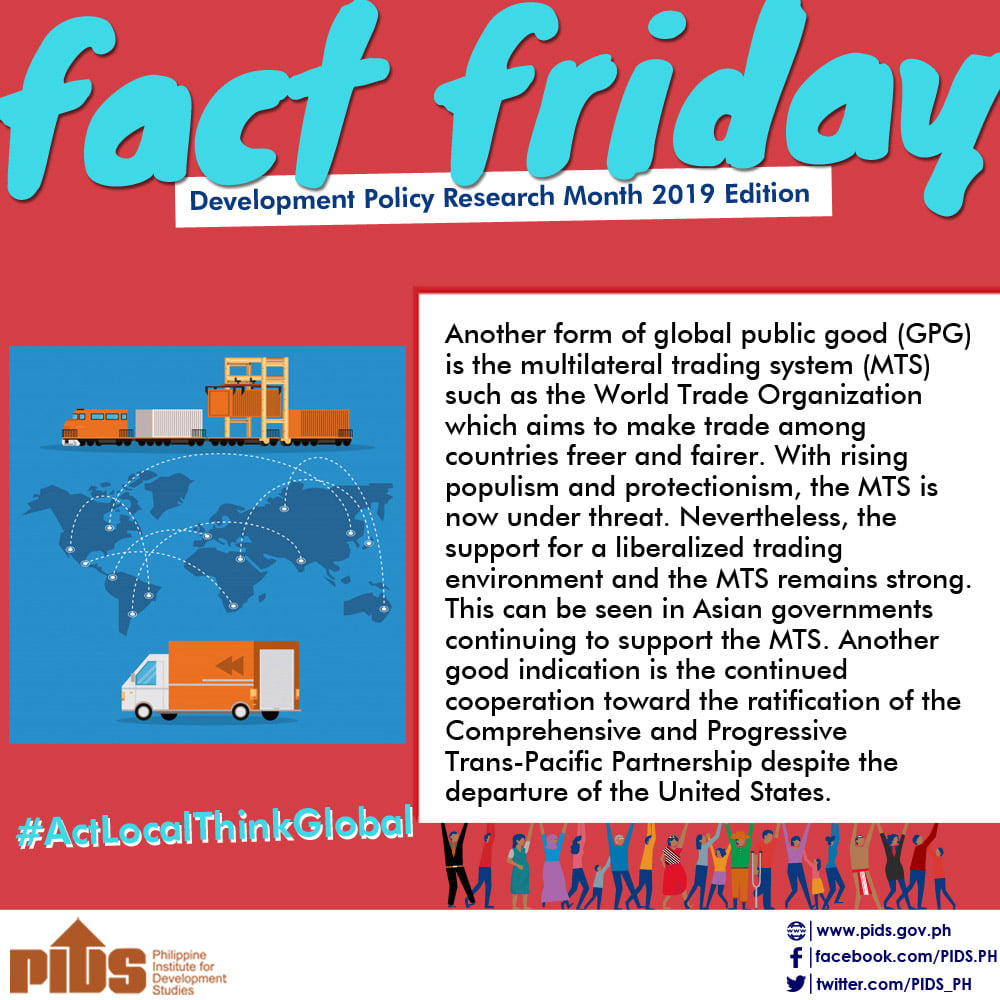This paper presents one of the few empirical estimates of the impact of globalization, here represented by trade flows, on employment level and structure using Philippine data. Using both aggregate and sub-industry level manufacturing data, the paper shows that increases in the propensity to export shifts the demand for labor upward. It also shows that the impact of the propensity to import on labor demand is unclear yielding from significantly positive to insignificant coefficients. In terms of employment structure, the impact of openness on the proportion of women workers is not significant in the aggregate but at the manufacturing sub-industry level, the increase in the propensity to export is a boon for women workers. Finally, increases in export propensity increase the proportion of low-skilled production workers both at the aggregate and manufacturing sub-industries level.
Citations
This publication has been cited 16 times
- Aldaba, Rafaelita M.. 2013. Impact of trade liberalization on wage skill premium in Philippine manufacturing. Discussion Papers DP 2013-25. Philippine Institute for Development Studies.
- Audi, Marc and Amjad Ali. 2016. Gender gap and trade liberalization: An analysis of some selected SAARC countries. MPRA Paper 83520. University Library of Munich, Germany.
- Audi, Marc and Amjad Ali. 2017. Gender gap and trade liberalization: An analysis of some selected SAARC countries. MPRA Paper 83485. University Library of Munich, Germany.
- Audi, Marca and Amjad Ali. 2018. Gender gap and trade liberalization: An analysis of some selected SAARC countries. MPRA Paper 90191. University Library of Munich, Germany.
- Gnangnon, Sèna Kimm. 2020. Aid for Trade and sectoral employment diversification in recipient-countries. Economic Change and Restructuring, 53 no. 2, 265-295. Springer.
- Hasan, Rana and Karl Robert L. Jandoc. 2010. Trade liberalization and wage inequality in the Philippines. UP School of Economics Discussion Papers 201006. University of the Philippines School of Economics.
- Lee, Eddy and Marco Vivarelli. 2006. The social impact of globalization in the developing countries. International Labour Review, 145, no. 3, 167-184. International Labour Organization.
- Lee, Eddy and Marco Vivarelli. 2006. The social impact of globalization in the developing countries. IZA Discussion Papers 1925. Institute of Labor Economics (IZA).
- Liao, Christine Marie and Gloria O. Pasadilla. 2004. Determinants of individual trade policy preference in the Philippines. Discussion Papers DP 2004-16,. Philippine Institute for Development Studies.
- Omojolaibi, Joseph Ayoola, Ekundayo Peter Mesagan, and Nsofor Chinedu Stanley. 2016. Globalization and financial development in Nigeria. Iranian Economic Review (IER), 20, no. 4, 461-478. Faculty of Economics,University of Tehran.
- Orbeta, Aniceto Jr. C.. 2002. Education, labor market, and development: a review of the trends and issues in the Philippines for the past 25 years. Discussion Papers DP 2002-19. Philippine Institute for Development Studies.
- Rafaelita Aldaba. 2012. Impact of trade liberalization on wage skill premium in Philippine manufacturing. edited by Chine Hee Hahn and Dionisius Narjoko, 69-105. Economic Research Institute for ASEAN and East Asia (ERIA).
- Rafaelita Aldaba. 2013. Impact of trade liberalization on wage skill premium in Philippine manufacturing. Impact of Globalization on Labor Market, Chapter 4, 69-105. Economic Research Institute for ASEAN and East Asia (ERIA). .
- Teixeira, Louisiana. 2020. Trade liberalization and gender: Income and multidimensional deprivation gaps in Brazil. Working Papers hal-02997094. HAL.
- Vashisht, Pankaj. 2015. Creating manufacturing jobs in India: Has openness to trade really helped?. Working Papers id:7126. eSocialSciences.
- Vashisht, Pankaj. 2016. Creating manufacturing jobs in India: Has openness to trade really helped?. Journal of Asian Economics, 42(C), 53-64. Elsevier.

